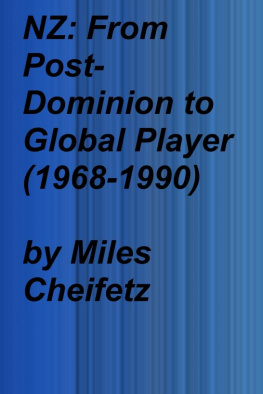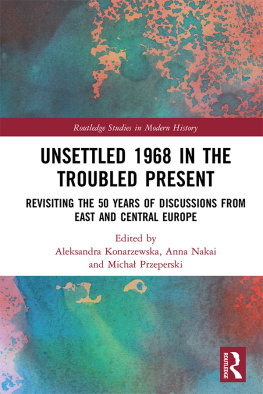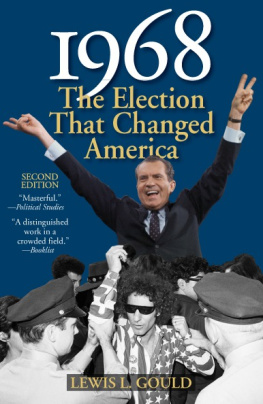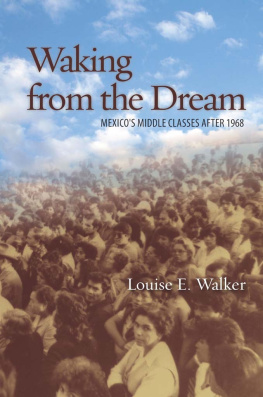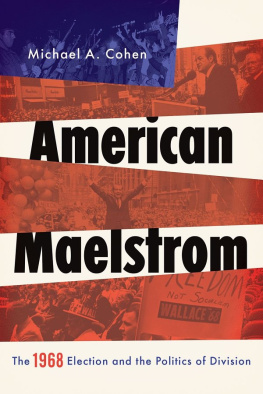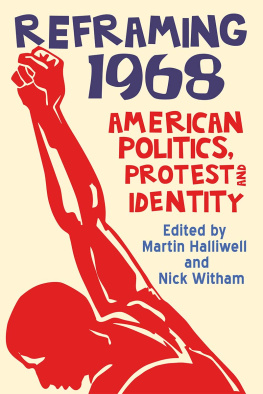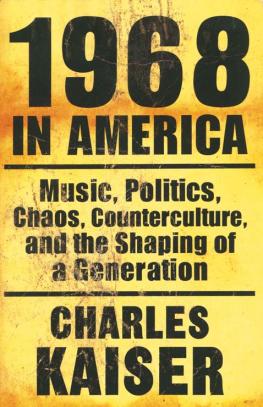Miles Cheifetz - NZ: From Post-Dominion to Global Player (1968-1990)
Here you can read online Miles Cheifetz - NZ: From Post-Dominion to Global Player (1968-1990) full text of the book (entire story) in english for free. Download pdf and epub, get meaning, cover and reviews about this ebook. year: 2014, publisher: Miles Cheifetz, genre: Politics. Description of the work, (preface) as well as reviews are available. Best literature library LitArk.com created for fans of good reading and offers a wide selection of genres:
Romance novel
Science fiction
Adventure
Detective
Science
History
Home and family
Prose
Art
Politics
Computer
Non-fiction
Religion
Business
Children
Humor
Choose a favorite category and find really read worthwhile books. Enjoy immersion in the world of imagination, feel the emotions of the characters or learn something new for yourself, make an fascinating discovery.
- Book:NZ: From Post-Dominion to Global Player (1968-1990)
- Author:
- Publisher:Miles Cheifetz
- Genre:
- Year:2014
- Rating:3 / 5
- Favourites:Add to favourites
- Your mark:
NZ: From Post-Dominion to Global Player (1968-1990): summary, description and annotation
We offer to read an annotation, description, summary or preface (depends on what the author of the book "NZ: From Post-Dominion to Global Player (1968-1990)" wrote himself). If you haven't found the necessary information about the book — write in the comments, we will try to find it.
The twenty-three years from 1968 to 1990 have involved some of New Zealands most important economic, political and social changes, which irrevocably altered the dynamic of the country, and will further influence developments into the 2010s and beyond. This was a period of monumental division, redesign and re-definition of the Shaky Isles, which would result in a new identity and way-of-life. Never before, in its 130-170-year history, and possibly never again would New Zealand experience such upheaval, questioning of its identity, its economic, societal and political norms than from 1968 to the Millennium and beyond. The shaping of a nation and creation of its identity almost always occurs in times of stress and upheaval, as has been the case with America, France and many other countries; In 1972 twenty of the previous twenty-three years conservative National Party rule was terminated with the election of the NZ Labour Party, coinciding with the election of the Australian Labor Party, albeit lasting only three years. This was another common aspect of New Zealand-Australian politics - same-party rule simultaneously in each country since the early twentieth-century, not to be broken until the 1990s. Norman Kirk, the new Labour Prime Minister was to have a sweeping social and political agenda which was not to be realised, and New Zealand progressed more by its social, people and community revolution than its government could ever expect to achieve. Despite a fever for change, brought on by the late sixties hippie and social revolution, New Zealand was not ready for mass hysteria such as occurred in the US and Europe, and there was simply a disenchantment with a new Labour government that promised change, too much change, didnt deliver and couldnt manage the changing economy of the early seventies.
Under the prime-ministership of Robert Muldoon, from 1975 to mid-1984, the economy underwent another earth-change: from a large victory, mirroring the Australian repudiation of Gough Whitlams Labor Government, a number of domestic events took place: The Treaty of Waitangi Act, 1975: this historic piece of legislation was passed by the New Zealand Parliaments House of Representatives by both government and Opposition, and promised the Maori community redress for any land and property ownership issues from the year 1975 onwards. This was to be furthered by an amendment by Parliament in 1985.
User-Pays and the price-freeze in 1982, which was supposed to last for one year, but continued until 1984, were complete failures from both political points-of-view: the wage, price and rent freeze was unsuccessful, and amazingly didnt stop inflation or interest rate rises, although the latter were however quite limited. Whether they were responsible for halts on the cost of living, it is questionable that they halted the general march of economic excesses and difficulties into the 1980s. Whilst low to middle income earners were restricted in what they could afford, there was no stopping property hikes, overseas travel increases or shares and bond prices. Despite a willing electorate, the late seventies and early eighties found the Muldoon years little to be admired or lauded; it was a case of New Zealand Labour didnt know how to govern, but National knew the stuff of government, but couldnt deliver.
The 1980s in New Zealand would see the nations biggest shake-up in its history, socially, politically, and economically, especially the latter. Lange and Rogernomics were to be the words to be remembered in New Zealand and abroad long after the eighties, even at time of writing, in 2012, seven years after Langes death and twenty-three years since standing down as Prime Minister, more...
Miles Cheifetz: author's other books
Who wrote NZ: From Post-Dominion to Global Player (1968-1990)? Find out the surname, the name of the author of the book and a list of all author's works by series.

